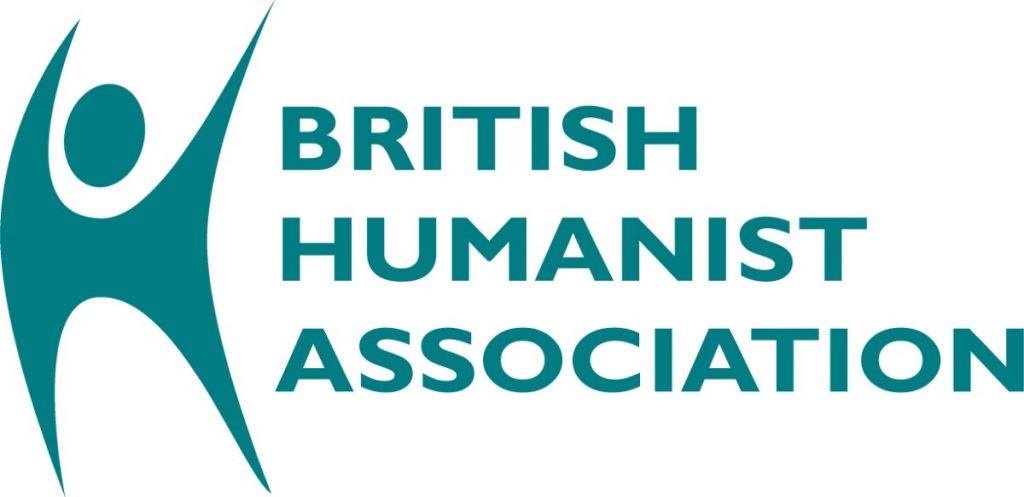BHA: Report on assisted dying ‘very welcome’ but ‘too limited’ in its recommendations
The British Humanist Association (BHA) has welcomed the Commission on Assisted Dying’s call to reform the law to allow assisted dying for terminally ill adults as set out in its report (published 05/01/12), which is considered, detailed and recommends a change in the law for practical, ethical and legal reasons. However, the BHA has also expressed regret that the recommendations are ethically inconsistent and too limited in their scope.
BHA Chief Executive Andrew Copson said, ‘The law as it stands is not compassionate. It gives no option to those who wish to end their lives without suffering and distress but are unable to do so themselves. The majority of the public support a reform in the law, and we do not believe there are any credible arguments to keep the law as it is. Rational and compassionate people will surely find nothing to disapprove of in the recommendations of the Commission today.
‘If anything, we would have liked to have seen the Commission go further and recommend a greater change in the law to allow both assisted dying and voluntary euthanasia. There is no rational moral distinction between allowing someone to die and actively assisting them to die in these circumstances: the intention and the outcome (the death of the patient) are the same in both cases. The only difference is that the more active means is probably the more compassionate one.
‘Recommending only a limited reform in the law to allow assisted dying but not euthanasia, and only to encompass terminally ill people rather than also including people who are unable to end their own lives but who are incurably suffering, permanently incapacitated and have made a clear, informed and resolute decision that they wish to do so, is ethically inconsistent.’
The BHA was called to give evidence to the Commission’s inquiry into whether there should be a change in law to legalise assisted dying in the UK and made the case that there are good ethical reasons not to limit legal assisted dying only to terminally ill people but to others who are incurably suffering, and to permit euthanasia as well as assisted dying to maximise autonomy of patients who wish to end their lives but are unable to do so themselves.
The Commission’s report describes the current legal status of assisted dying as ‘inadequate and incoherent’ and recommends that assisted dying be legalised for terminally ill adults alongside a number of important safeguards to protect vulnerable people, and the condition that ‘the patient must take the final action that will end their own life’. The latter condition would rule out voluntary euthanasia, where another person such as a doctor could administer medication to cause death when the patient had clearly and autonomously requested it, even when the patient is unable to end her or his own life.
NOTES
For further comment or information, contact Andrew Copson at andrew@humanism.org.uk or on 07534 248 596.
The Commission final report will be published on Thursday 5 January 2012. The report will be available to download (free of charge) from that date from the Demos website at http://www.demos.co.uk/ and the Commission on Assisted Dying website at http://www.commissiononassisteddying.co.uk/.
Read more about the BHA’s position on assisted dying, including links to our written and oral evidence to the Commission on Assisted Dying http://www.humanism.org.uk/campaigns/ethical-issues/assisted-dying
The British Humanist Association (BHA) is the national charity working on behalf of non-religious people who seek to live ethical and fulfilling lives on the basis of reason and humanity. It promotes a secular state and equal treatment in law and policy of everyone, regardless of religion or belief.——-





-01.png)